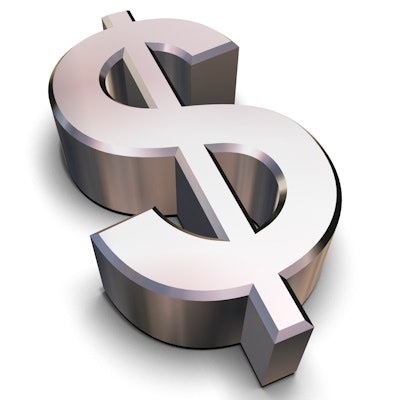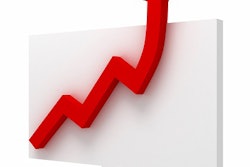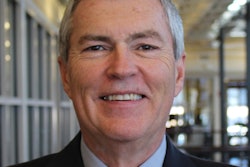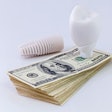
With nearly 160 million Americans less than three months away from running out of money due to the burgeoning effect of the COVID-19 pandemic, 84% of people believe the U.S. government should step up and send another wave of stimulus checks, according to a new survey.
When asked about who should get a stimulus check, 62% of those polled stated the government should send a second round of checks to everyone, not just those affected, according to the Coronavirus Relief Survey released April 22 by the personal finance website WalletHub.
"It comes as no surprise that the vast majority of people want another stimulus check," said Jill Gonzalez, a WalletHub analyst. "The situation is even more dire for certain populations -- 75% of low-income households are less than three months away from running out of money, compared to 50% of high-income households."
COVID-19's hold on the U.S. has wiped out more than 22 million jobs and likely is leading the country's economy into a recession or possibly a depression. The U.S. government's response to the alarming number of people who filed for unemployment was to pass an unprecedented $2.2 trillion stimulus package on March 27. A month later, people claim the government needs to do more.
Though the majority of the more than 350 people from the U.S. who responded to WalletHub's online survey between April 13 and April 16 believe that another round of stimulus checks is needed, they don't agree that everyone deserves them.
| Poll of who in the U.S. should receive 2nd round of stimulus checks | |
| Group type | Poll results |
| Everyone | 62% |
| People laid off or furloughed | 14% |
| Those who received pay cuts of 50% or more | 13% |
| Those who received pay cuts of 20% or more | 9% |
| Those who received pay cuts of 10% or more | 2% |
Millennials are 25% more likely than baby boomers to think that stimulus checks should be reserved for people experiencing income loss, according to the survey.
What to buy
Overall, the results showed that most Americans will use stimulus money responsibly, putting it toward mortgage or rent payments or food, or saving it for a rainy day. About one-third reported that they would donate the dollars to coronavirus relief. However, about one in 10 or approximately 24 million will use their checks to buy drugs, alcohol, or tobacco, according to the results.
Only those in need
Interestingly, Americans don't want unemployment insurance to exceed wages. Of those polled, 56% don't think individuals' unemployment income should be greater than their previous income.
They have similar feelings about businesses, with 70% of respondents believing that only businesses with revenue losses should receive money from the government. The remaining 30% believe all businesses deserve a cut, according to the poll.
States doing their part
Another WalletHub survey, this one published April 21, found that despite the harsh financial ramifications of the pandemic, many states have done their part to help flatten the virus's curve by issuing stay-at-home orders, closing nonessential businesses, and following social distancing guidelines.
Hawaii has slowed the most to help ease the public health crisis, followed by New York, which continues as a major hotspot for COVID-19. These states had the highest retail, recreation, parks, and transportation mobility changes while Nebraska did the least, the results showed.
| U.S. states slowing down the most and the least due to COVID-19 | |||
| Ranking | State | Ranking | State |
| 1 | Hawaii | 46 | Iowa |
| 2 | New York | 47 | Kentucky |
| 3 | New Jersey | 48 | Arkansas |
| 4 | Vermont | 49 | Kansas |
| 5 | Nevada | 50 | Nebraska |
The U.S. should be encouraged by the fact that far fewer people are going out because it proves people are social distancing and reducing exposure risk better than if self-isolation guidelines weren't put in place, Gonzalez said.
Though the slowing is needed to help contain the virus, she noted that the U.S. needs to recognize its impact and take appropriate measures to lessen the consequences.
"At the same time, fewer people leaving home means less money flowing into the economy, so it's important for the government to keep taking measures to protect both businesses and consumers financially," Gonzalez said.




















